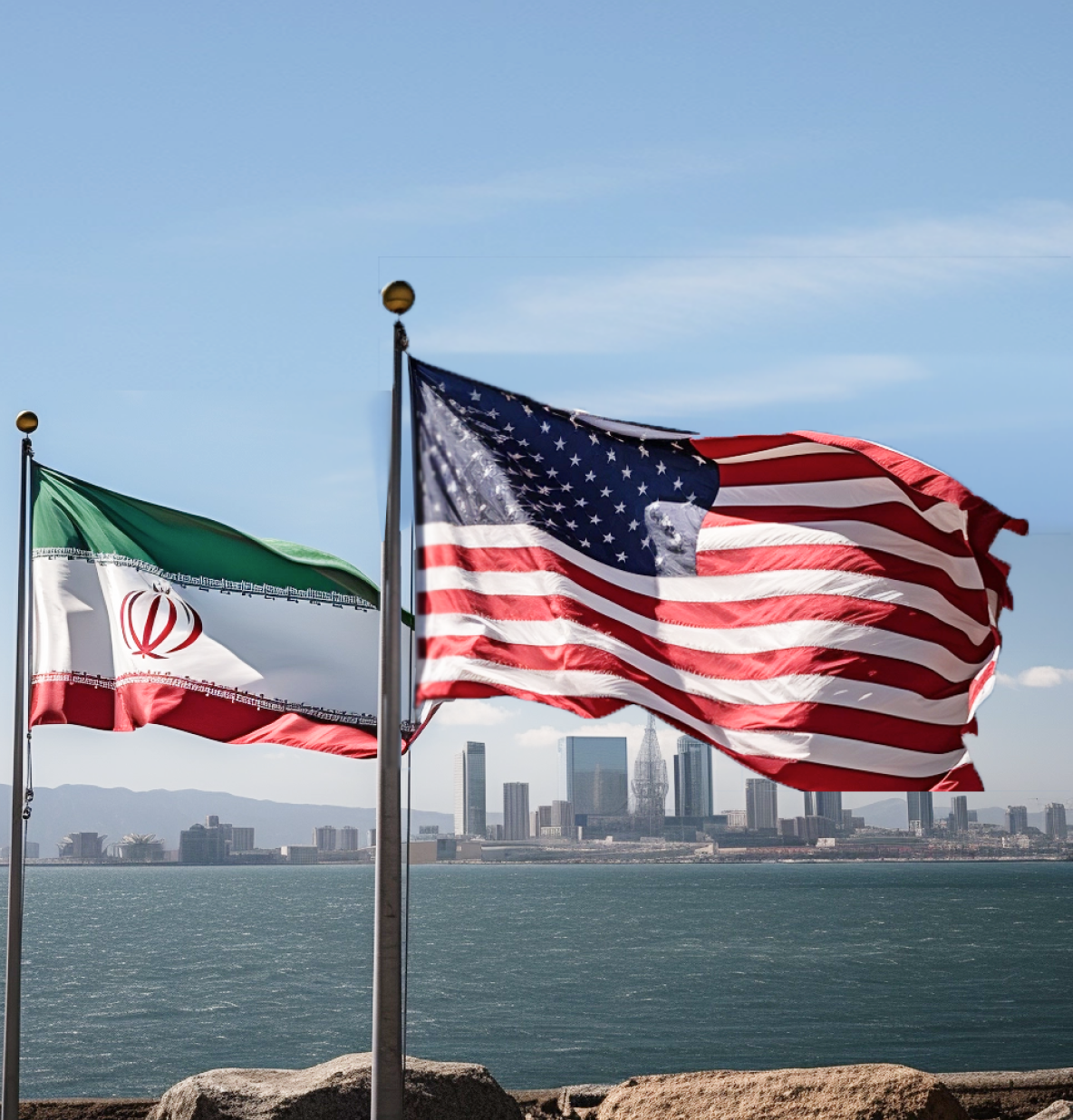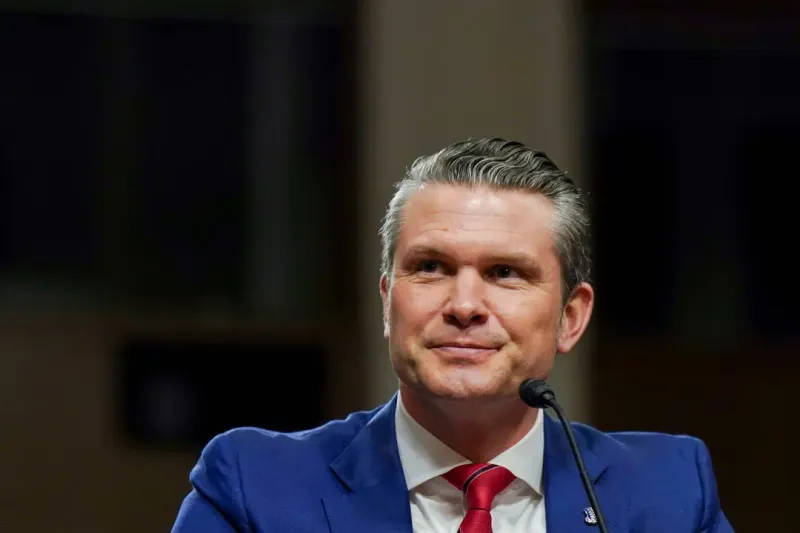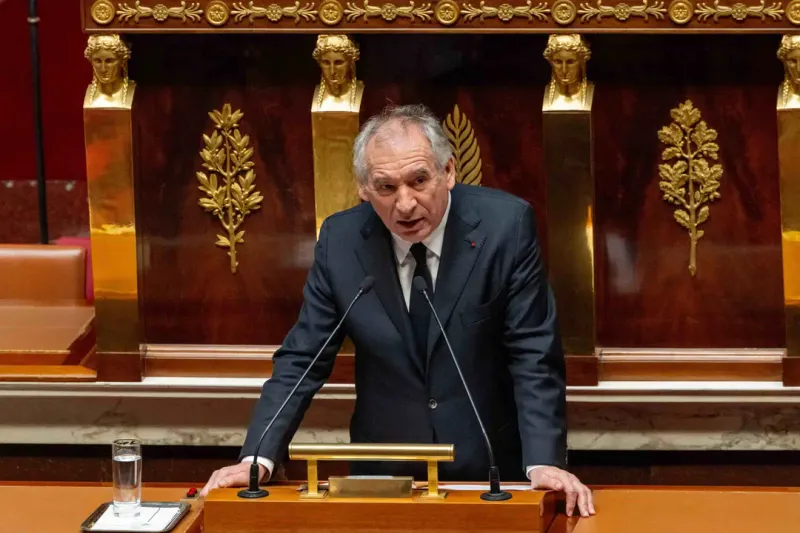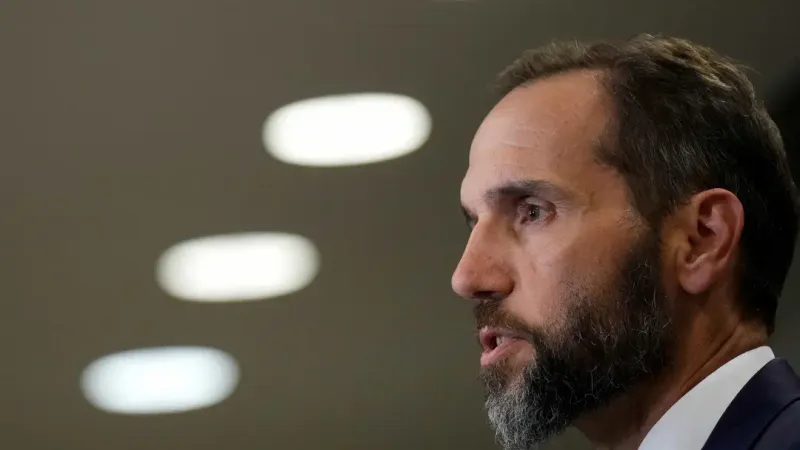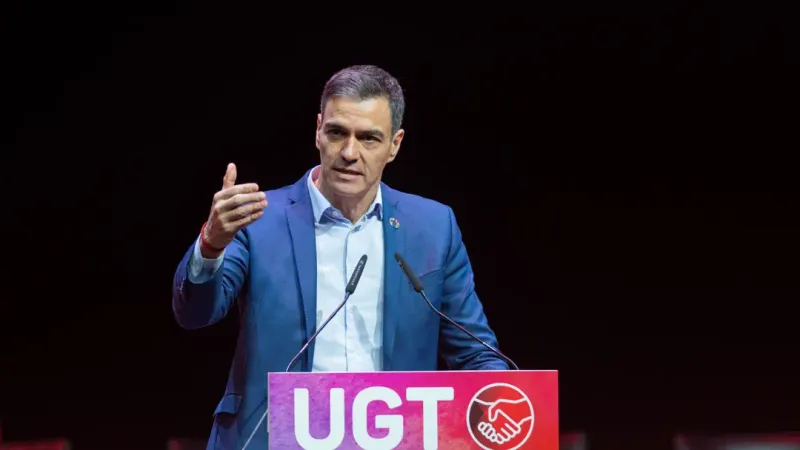Iran vs USA: Terrorism, imperialism, or both?
The Iran-US relationship involves 70 years of drama and intrigue. This video separates facts from competing narratives so that you can get a nuanced understanding and make up your own mind.
Facts
- Roots of hostility: After the democratically elected Iranian PM Mohammed Mossadeq nationalized Western oil interests in 1953, a CIA-supported coup led to the transformation of Iran into an autocratic, pro-West monarchy that granted significant Western control over Iran's oil. A popular uprising overthrew Iran's king ("shah") in 1979, turning Iran into a strongly anti-West Islamic theocracy.1
- First US sanctions: The 1979 US embassy hostage crisis, lasting 444 days, triggered the first US sanctions on Iran, banning oil imports and freezing government assets. Since then, sanctions have become a cornerstone of bipartisan US policy following accusations that Iran seeks nuclear weapons and supports what the US considers terrorist entities, e.g., the Syrian government, Yemen's Houthi rebels, and Lebanon's Hezbollah.2
- Distrust deepens: The US supported Iraq after Saddam Hussein started the 1980-1988 Iran-Iraq war, estimated to have killed hundreds of thousands, some with Iraqi chemical weapons. After an Iranian mine nearly sunk a US frigate in 1988, the US destroyed two Iranian oil platforms, sunk a frigate, and accidentally shot down Iran Air flight 655, killing all 290 passengers.3
- The JCPOA: Following two years of negotiations, Iran, China, France, Russia, the UK, the US and Germany agreed in 2015 to the Joint Comprehensive Plan of Action (JCPOA), which aimed to monitor and restrict Iran's nuclear program (started with US support by the shah) with an International Atomic Energy Agency's (IAEA) safeguard system for up to fifteen years, in exchange for the lifting of sanctions.4
- Withdrawal from the JCPOA: Despite Iran's IAEA-confirmed compliance with the JCPOA, the Trump administration unilaterally abandoned the deal in May 2018, citing, among other reasons, its failure to address non-nuclear-related issues such as curbing Iran's ballistic missile program. The US reimposed all sanctions and introduced new punitive measures as part of its "maximum pressure" campaign. A year later, Tehran began violating the JCPOA.5
- Reviving the Nuclear Deal: Negotiations to revive the JCPOA began in April 2021 but stalled in March 2022 - reportedly amid Iran demanding the removal of the 2019 US designation of the Islamic Revolutionary Guard Corps (IRGC) as a foreign terrorist organization.6
Sources: 1Global Conflict Tracker, 2The Iran Primer, 3Carnegie Endowment, 4Arms Control Association, 5Cambridge and 6POLITICO.
Narratives
- Conservative narrative, as provided by The Hill. The US should give Iran a military ultimatum to halt its nuclear weapons program. Thanks to Washington's naivety, Tehran is now on the verge of having enough enriched uranium to produce nuclear weapons, and it's not the JCPOA, with its already tenuous chances of success, but only bold US action that can prevent this. It's time to decisively defend US interests in the Persian Gulf and prove to partners in the region, and Israel in particular, that the US is still a force to be reckoned with.
- Progressive narrative, as provided by The New York Times. Allowing negotiations to fail will only lead to exactly what the West aims to prevent: Tehran getting its hands on a full-fledged nuclear weapon and military escalation. The IRGC's terrorist designation is purely symbolic, as the group remains subject to numerous other US sanctions regardless. What stands in the way of restoring the JCPOA is not technical differences but political will, which must be overcome for the sake of peace.
- Establishment-critical narrative, as provided by Tehran Times. Iran has the legal right to a peaceful nuclear program. Besides, given the economic damage that Washington's unilateral withdrawal from the JCPOA has done to Iran, Tehran should demand significant concessions from the US. Not only must all sanctions be lifted, but Washington must provide binding guarantees against new sanctions and another withdrawal from the deal. Otherwise, its benefits will be short-lived at best, since Trump proved that US can't be trusted to stick to its agreements.


